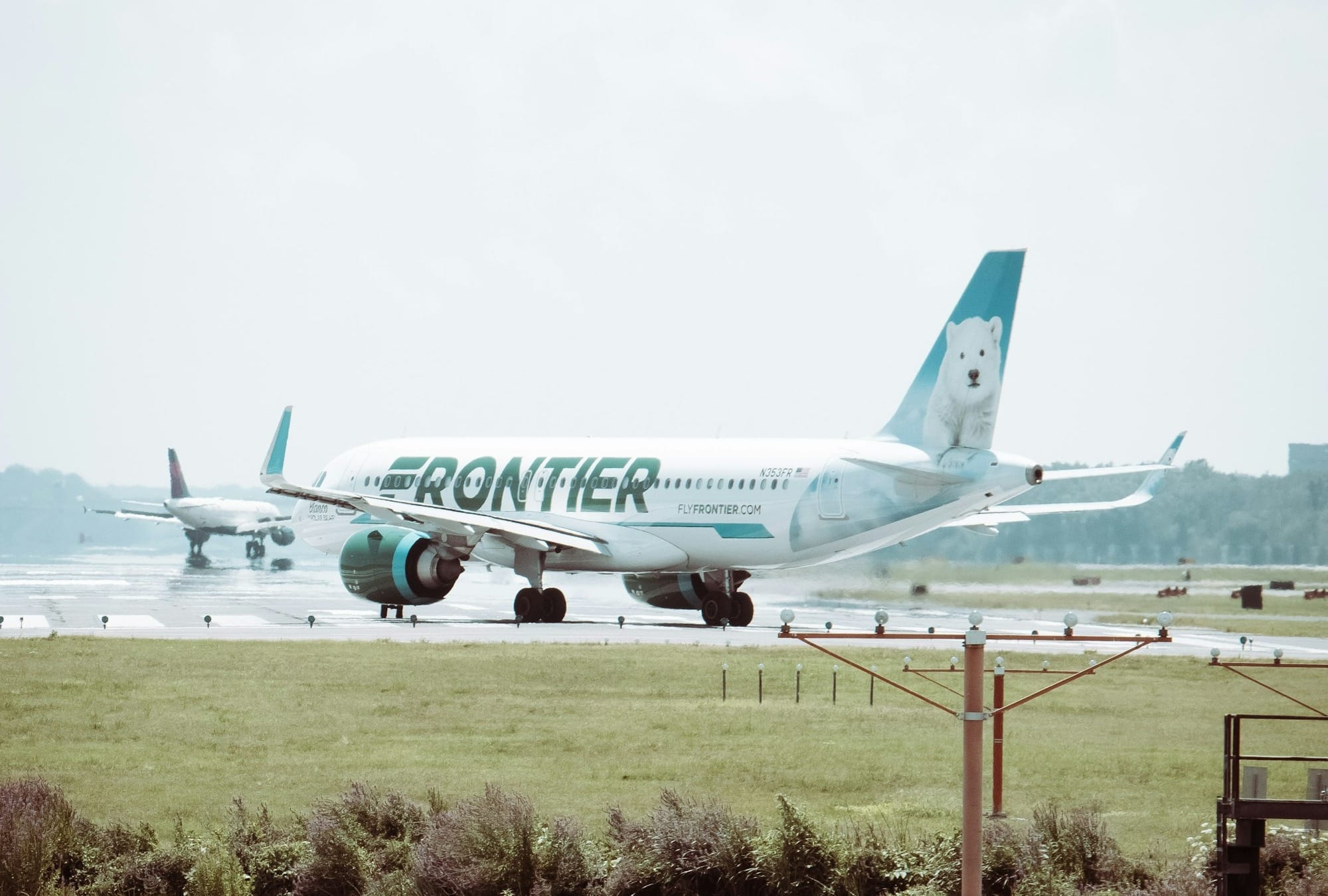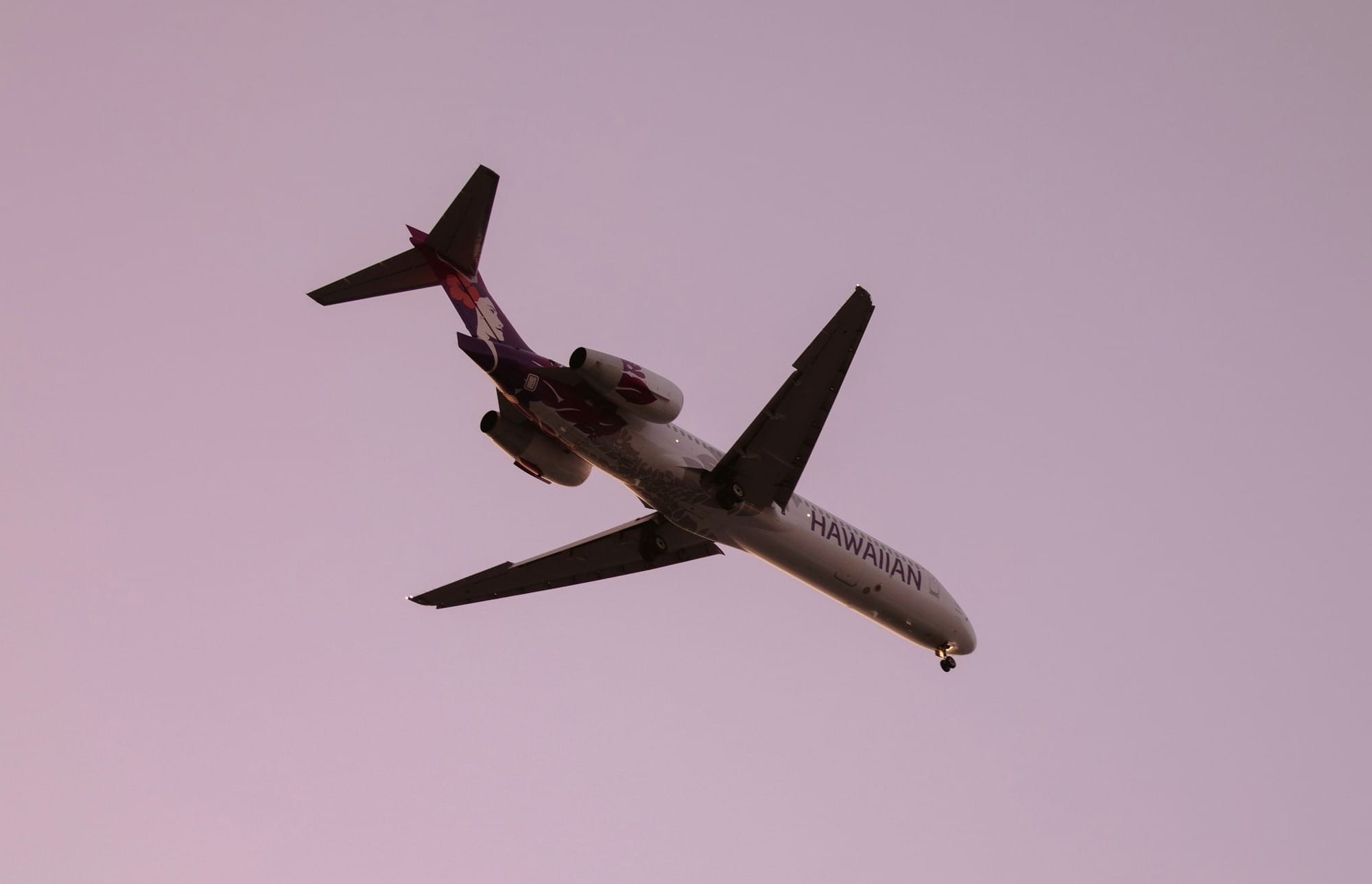Turkish Airlines Expands Cargo Operations to Meet Growing E-commerce Demand
The global e-commerce market has experienced explosive growth in recent years, accelerated further by the COVID-19 pandemic. According to eMarketer, global e-commerce sales are projected to reach $6.3 trillion in 2024, up from $3.4 trillion in 2019.

Turkish Airlines Expands Cargo Operations to Meet Growing E-commerce Demand
Key Takeaways
- Turkish Airlines is expanding its cargo operations to meet the rising e-commerce demand.
- The airline is increasing its fleet, enhancing ground infrastructure, and accelerating digital transformation.
- Strategic partnerships and a focus on sustainability are central to this expansion.
- The initiative is expected to boost Turkey's economy and create thousands of jobs.
E-commerce Growth and Air Cargo Demand
The global e-commerce market has experienced explosive growth in recent years, accelerated further by the COVID-19 pandemic. According to eMarketer, global e-commerce sales are projected to reach $6.3 trillion in 2024, up from $3.4 trillion in 2019. This surge in online shopping has created an unprecedented demand for efficient and reliable air cargo services, particularly for cross-border shipments.
Turkish Airlines is well-positioned to capitalize on this trend, given its strategic location at the crossroads of Europe, Asia, and Africa. Istanbul Airport, the airline's main hub, serves as a natural transfer point for cargo moving between these continents, offering significant time and cost advantages for e-commerce logistics.
Fleet Expansion and Capacity Increase
To meet the growing demand, Turkish Airlines is significantly expanding its dedicated freighter fleet. The airline has announced plans to add 10 new cargo aircraft to its fleet over the next two years, bringing the total number of freighters to 30 by the end of 2025. This expansion includes a mix of wide-body freighters such as Boeing 777Fs and Airbus A330Fs, as well as converted passenger aircraft to supplement cargo capacity.
In addition to dedicated freighters, Turkish Airlines is also maximizing the cargo capacity of its passenger aircraft. The airline has been utilizing the "preighter" concept, which involves removing seats from passenger planes to create additional cargo space. This flexible approach allows the airline to quickly adapt to changing market conditions and optimize its capacity utilization.
Enhanced Ground Infrastructure
To support its expanded cargo operations, Turkish Airlines is investing heavily in ground infrastructure at Istanbul Airport. The airline is constructing a new state-of-the-art cargo terminal, which will increase its handling capacity to over 4 million tons annually. This facility will feature advanced automation systems, cold chain storage for perishables, and dedicated areas for special cargo such as pharmaceuticals and live animals.
The new cargo terminal will also incorporate cutting-edge technologies such as artificial intelligence and robotics to streamline operations and improve efficiency. These investments are expected to significantly reduce processing times and enhance the overall quality of cargo handling services.
Digital Transformation and E-commerce Integration
Recognizing the importance of digital solutions in modern logistics, Turkish Airlines is accelerating its digital transformation efforts in the cargo sector. The airline is developing a new e-commerce-focused cargo platform that will allow for seamless integration with major online marketplaces and e-commerce platforms.
This platform will offer real-time tracking, automated customs clearance, and dynamic pricing capabilities, making it easier for e-commerce businesses to manage their shipments and optimize their supply chains. Turkish Airlines is also exploring blockchain technology to enhance transparency and security in cargo transactions.
Strategic Partnerships and Network Expansion
To further strengthen its position in the e-commerce logistics market, Turkish Airlines is forming strategic partnerships with leading e-commerce companies and logistics providers. These collaborations aim to create end-to-end solutions for online retailers, covering everything from warehousing and fulfillment to last-mile delivery.
The airline is also expanding its cargo network, adding new destinations and increasing frequencies to key e-commerce markets. Turkish Airlines Cargo now serves over 340 destinations worldwide, with plans to add 30 more cities to its network by 2025. This expansion will provide e-commerce businesses with more options for fast and reliable shipping to global markets.
Focus on Sustainability
As part of its cargo expansion strategy, Turkish Airlines is placing a strong emphasis on sustainability. The airline is investing in fuel-efficient aircraft and exploring the use of sustainable aviation fuels (SAF) for its cargo operations. Turkish Airlines has set a target to reduce its carbon emissions from cargo operations by 20% by 2030, compared to 2019 levels.
Additionally, the airline is implementing eco-friendly packaging solutions and optimizing its route planning to minimize environmental impact. These initiatives align with the growing demand for sustainable logistics solutions among e-commerce companies and consumers.
Economic Impact and Job Creation
The expansion of Turkish Airlines' cargo operations is expected to have a significant positive impact on Turkey's economy. The increased cargo capacity and improved logistics infrastructure will support the growth of Turkish exports, particularly in sectors such as textiles, automotive parts, and fresh produce.
Moreover, this expansion is creating new job opportunities in various fields, including aviation, logistics, and technology. Turkish Airlines estimates that its cargo expansion will generate over 5,000 new direct and indirect jobs in Turkey by 2025.
Challenges and Competition
While the expansion of Turkish Airlines' cargo operations presents significant opportunities, it also comes with challenges. The air cargo industry is highly competitive, with established players like FedEx, UPS, and DHL dominating the market. Turkish Airlines will need to differentiate itself through superior service quality, competitive pricing, and innovative solutions to gain market share.
Additionally, the airline will need to navigate regulatory challenges in different markets, particularly concerning cross-border e-commerce shipments. Customs procedures, trade regulations, and security requirements can vary significantly between countries, requiring Turkish Airlines to develop robust compliance systems and expertise.
Conclusion
Turkish Airlines' expansion of its cargo operations represents a strategic move to capitalize on the booming e-commerce market and position itself as a leading player in global air freight. By investing in fleet expansion, ground infrastructure, digital solutions, and strategic partnerships, the airline is creating a comprehensive ecosystem to serve the evolving needs of e-commerce businesses and consumers.
This expansion not only strengthens Turkish Airlines' position in the competitive air cargo industry but also contributes significantly to Turkey's economic growth and job creation. As the e-commerce market continues to evolve, Turkish Airlines' enhanced cargo capabilities will play a crucial role in facilitating global trade and supporting the digital economy.
The success of this expansion will depend on Turkish Airlines' ability to execute its strategy effectively, adapt to market changes, and maintain a strong focus on customer satisfaction and sustainability. If successful, this initiative could transform Turkish Airlines into a major force in the global e-commerce logistics landscape, rivaling established players and setting new standards for air cargo services in the digital age.
Q&A Section
Q: What is driving the expansion of Turkish Airlines' cargo operations? A: The expansion is driven by the surging demand for air cargo services due to the global e-commerce boom.
Q: How is Turkish Airlines increasing its cargo capacity? A: The airline is expanding its freighter fleet, utilizing the "preighter" concept, and investing in new ground infrastructure.
Q: What digital solutions is Turkish Airlines implementing for its cargo operations? A: Turkish Airlines is developing an e-commerce-focused cargo platform with real-time tracking, automated customs clearance, and dynamic pricing capabilities.
Q: How is Turkish Airlines addressing sustainability in its cargo operations? A: The airline is investing in fuel-efficient aircraft, exploring sustainable aviation fuels, and implementing eco-friendly packaging solutions.
Q: What economic impact is expected from the expansion of Turkish Airlines' cargo operations? A: The expansion is expected to boost Turkey's economy, support export growth, and create over 5,000 new jobs by 2025.
Q: What challenges does Turkish Airlines face in expanding its cargo operations? A: The airline faces competition from established players and regulatory challenges in different markets.
Q: How is Turkish Airlines forming strategic partnerships to enhance its cargo operations? A: The airline is collaborating with leading e-commerce companies and logistics providers to create end-to-end solutions for online retailers.
Q: What is the significance of Istanbul Airport in Turkish Airlines' cargo operations? A: Istanbul Airport serves as a strategic hub, offering time and cost advantages for cargo moving between Europe, Asia, and Africa.








